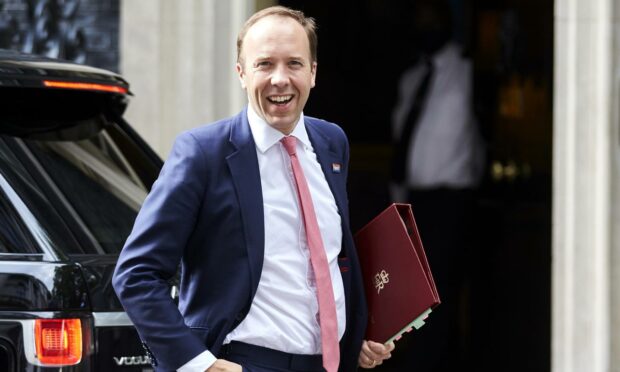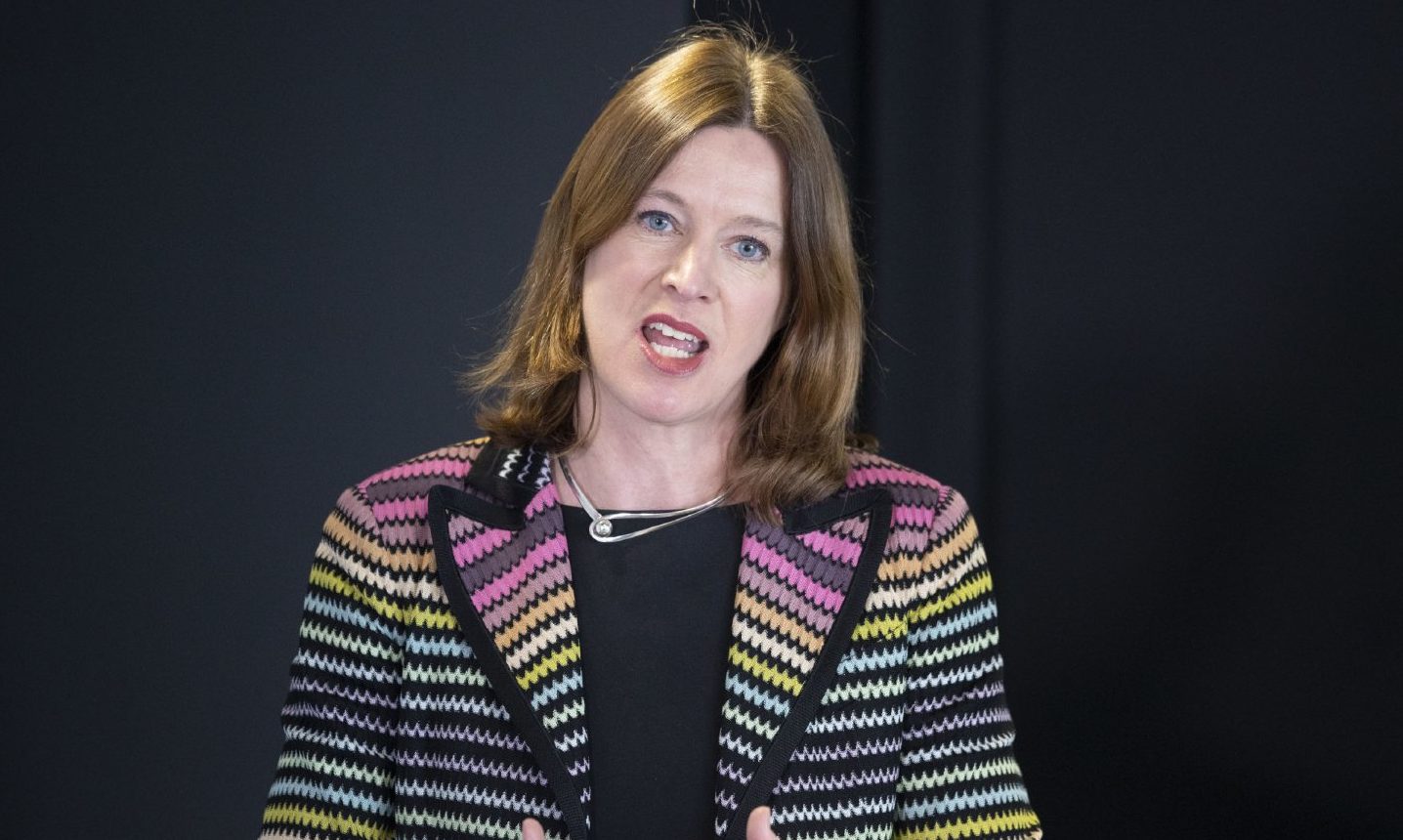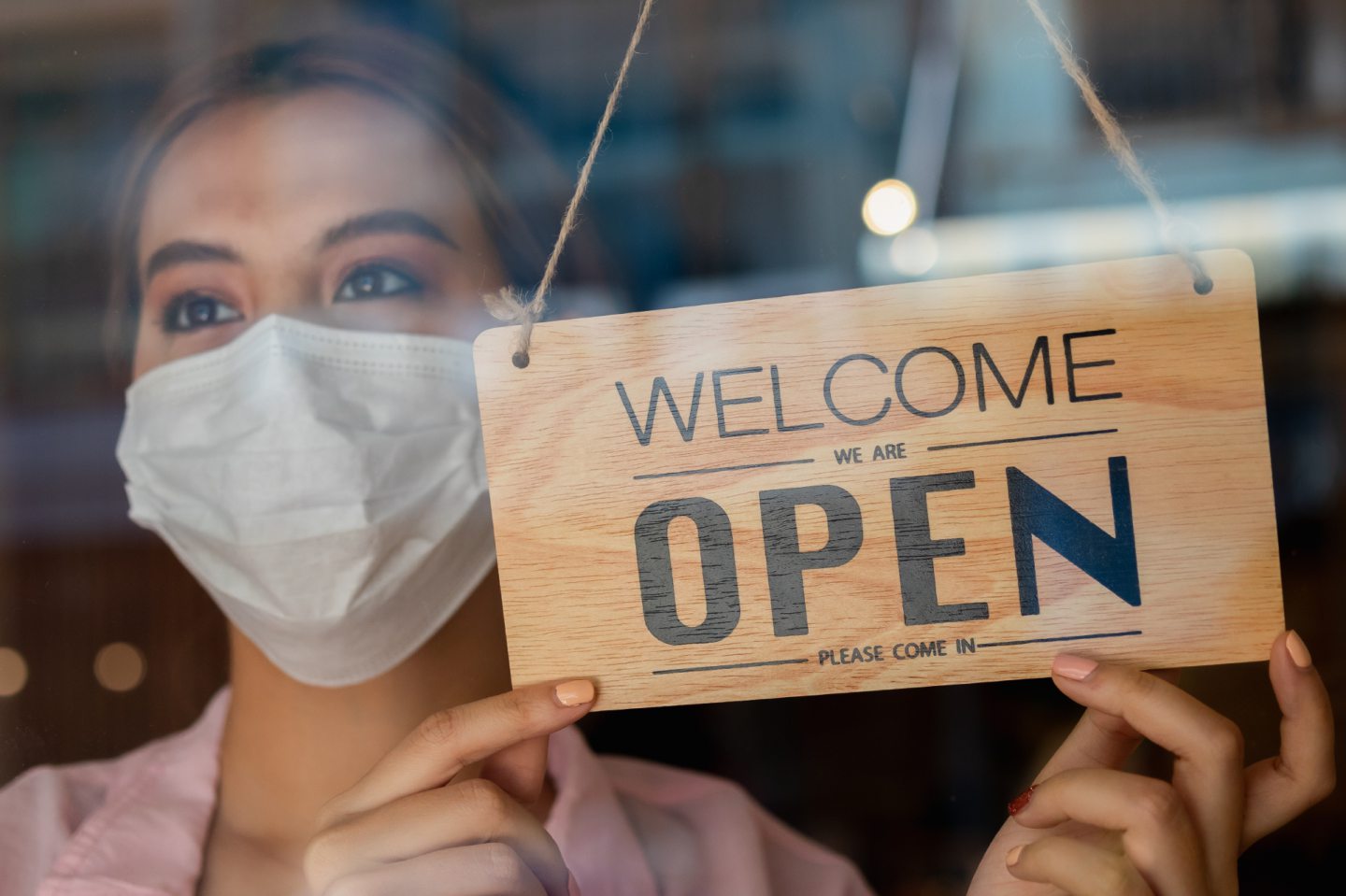We were talking about the Matt Hancock scandal as we sped along a motorway on our big road trip.
“Hopeless Hancock” had struck again, enough was enough. Or had “‘Amorous ‘Ancock” become the fall guy in a cunning plot?
Our 900-mile journey was an eye-opener because we could see how various places around the UK embraced Hancock’s social distancing, so to speak.
But we became distracted as we overtook a Tesla. It was hugging the inside lane quite sedately while possibly praying for the next charging point.
“Was that the celebrity chef? You know, whatsisname – Antony Worrall Thompson?” My wife asked.
“I don’t know – was he wearing a chef’s hat?”
OK, he wasn’t Gordon Ramsay or Jamie Oliver, but still counted in our game of I Spy a Celebrity.
He was cooking on electric, as it were, but now disappeared behind our diesel vapour.
My wife was convinced, I was less so. But it passed the time and I have always enjoyed celebrity spotting.
Motorway service stations are great levellers for ordinary people and VIPs alike. We all have to rough it together as equals – just as we should when falling below the standards others expect of us.
Why do those in power and their bosses try to cling on when the game is up?
I think we are all agreed by now that the Hancock resignation issues were shocking double standards and hypocrisy colliding with draconian Covid restrictions he enforced with such zeal.
Even Homer Simpson could grasp that, so if ordinary people know instantly that heads must roll, why do those in power and their bosses try to cling on when the game is up?
Boris Johnson was criticised for not sacking Hancock from the off, but Nicola Sturgeon did the same last year when she tried to hang onto her chief medical officer, Catherine Calderwood, even though she was caught visiting her Scottish holiday home in lockdown.
The maskless rule the north-west of England
Matt Hancock might have been taken aback had he strolled into some of the motorway service stations we visited on our family trip. Not by the likelihood of loud jeering, but the standard of social distancing.
In Stirling it was scarily busy for those who had not been out much since lockdown eased. A casual observer might have concluded a national day of thanksgiving had been declared for motorway services and everyone had chosen this very spot to celebrate.
I don’t know about you, but I still feel distinctly uneasy brushing shoulders and sharing the same personal breathing space with strangers, even with masks. But at least travellers were keeping their faces covered indoors.
A few hours later we found ourselves near Wigan, so we had another stop at a service station and cafe, just off the motorway this time.
But we had stumbled into a parallel universe where the maskless ruled the world.
We felt a little embarrassed to be the only ones with faces covered, even inside the building and toilets. Ironically, this was in the north-west of England which had incurred Nicola Sturgeon’s wrath over recent shenanigans.
I asked a friendly teenage server in the coffee shop why no one was in a mask, including herself and colleagues.
“Oh, we are very lenient here, ” she replied cheerily in a worryingly relaxed fashion.
A colleague shrugged: “I’ve had Covid already, but I was only ill for a few days.”
The UK Government is investigating how the Hancock pictures became public and understandably wants to prevent state secrets coming out via the same route. But how would that impact on future whistleblowers?
By the time we reached the West Midlands, masks were in the ascendancy again: we accompanied our grandkids to the Cosford RAF museum where we saw a Nazi Junkers 88 bomber whose crew defected to Dyce in 1943.
But a bit of light military discipline helped keep everyone in Covid check – jokey information signs guided us around with reminders such as: “Keep your squadrons in line”.
“Keep your trousers on” could also be a useful sign, but obviously no match for human nature.
We must protect whistleblowers
We talk about people who enjoy five minutes of fame, but Hancock’s half hour in the limelight is another reminder of the arrogance and abuse of power which must be called out at every opportunity – in London and Edinburgh.
The UK Government is investigating how the Hancock pictures became public and understandably wants to prevent state secrets coming out via the same route. But how would that impact on future whistleblowers bringing us news of genuine public interest such as Hancock?
A government Department of Business, Innovation and Skills document states that workers should be encouraged to speak up about wrongdoing.
It adds: “Workers are our eyes and ears.”
Does that apply to government? Or is it another case of one rule for them and another for us?
David Knight is the long-serving former deputy editor of the Press and Journal



